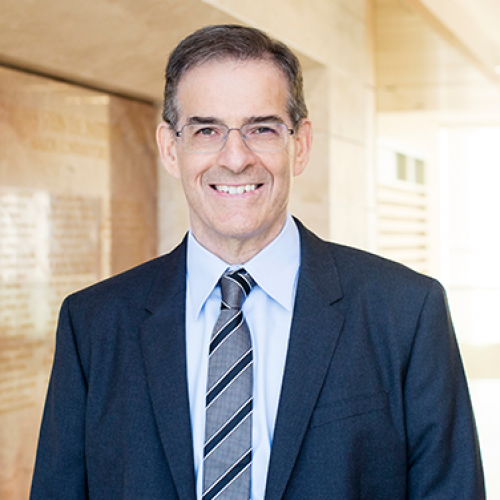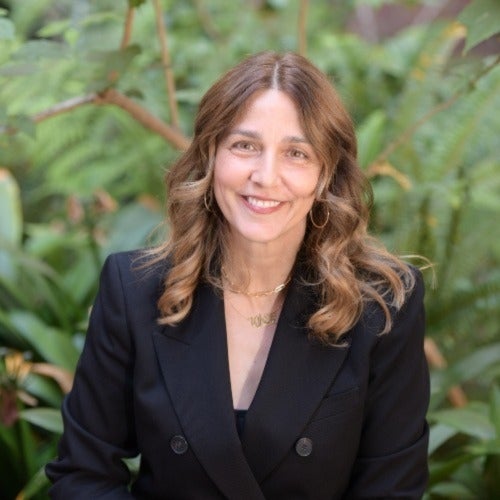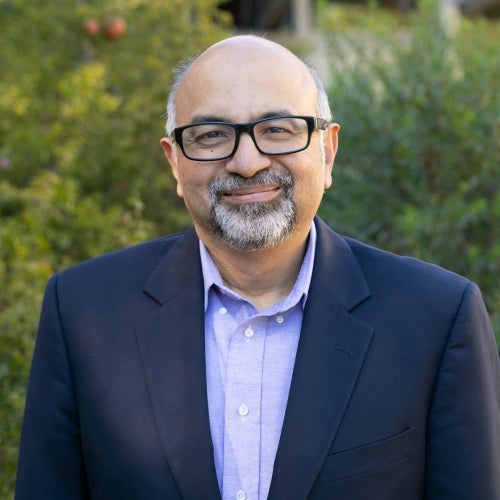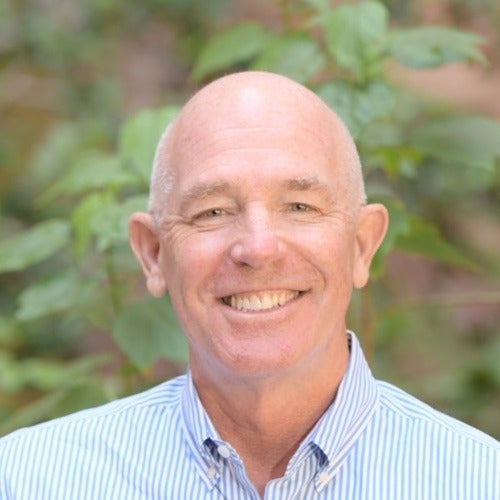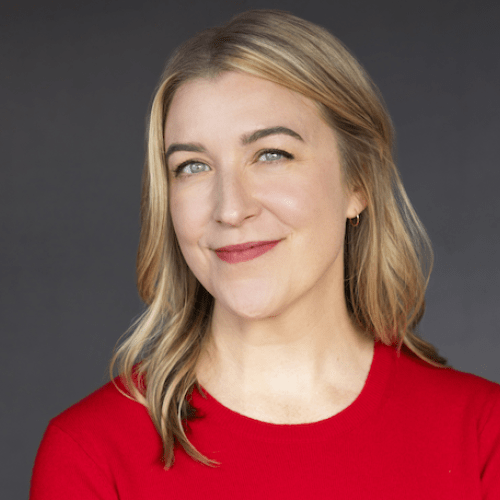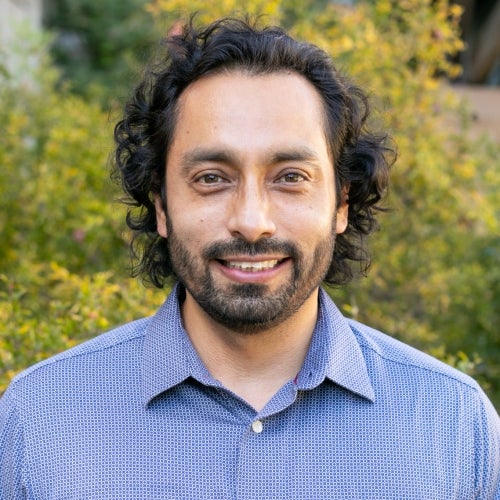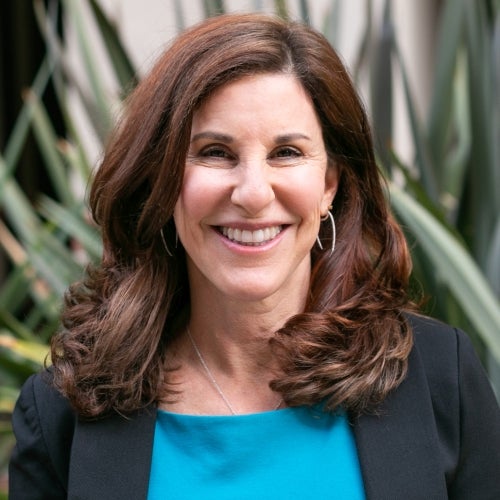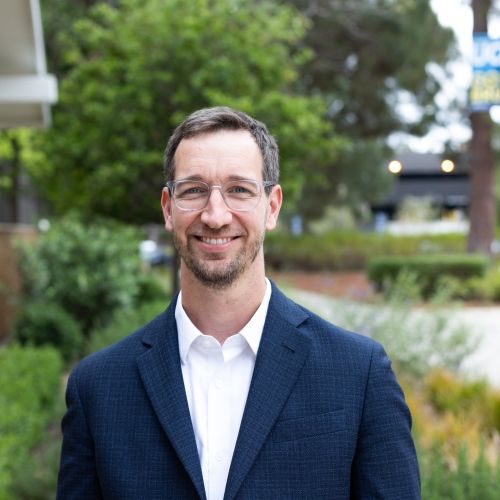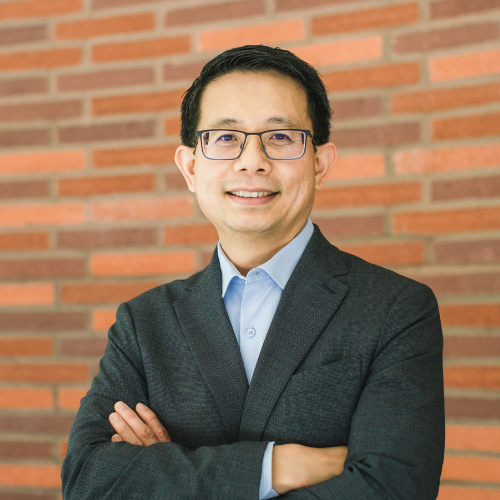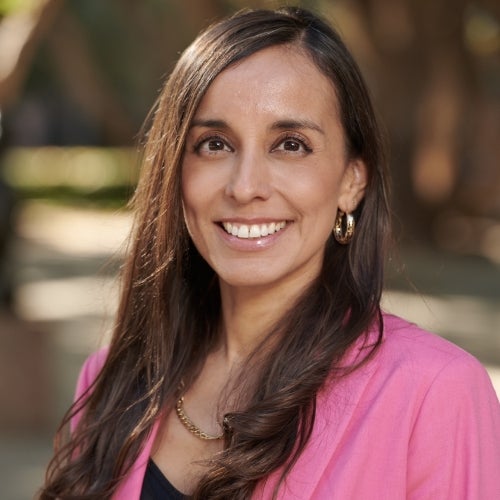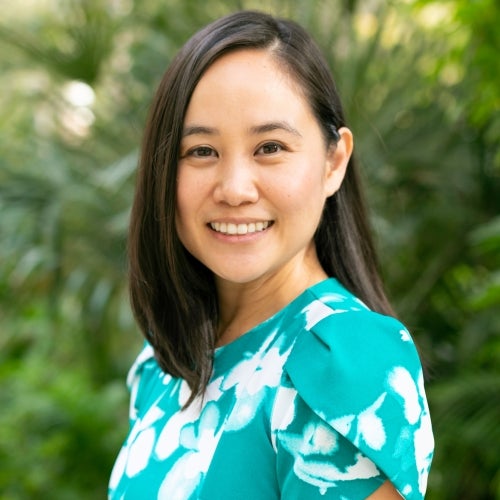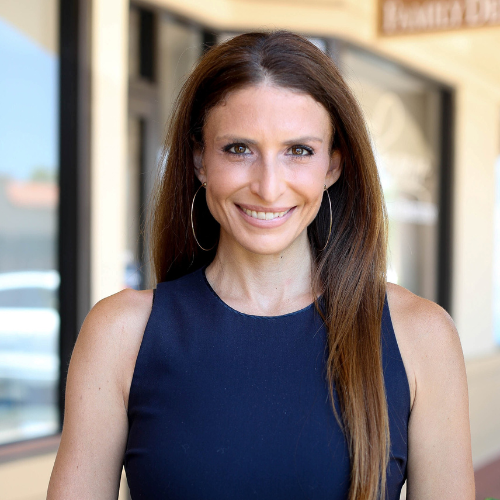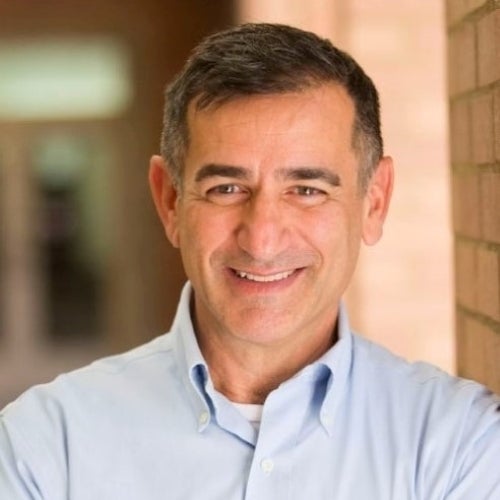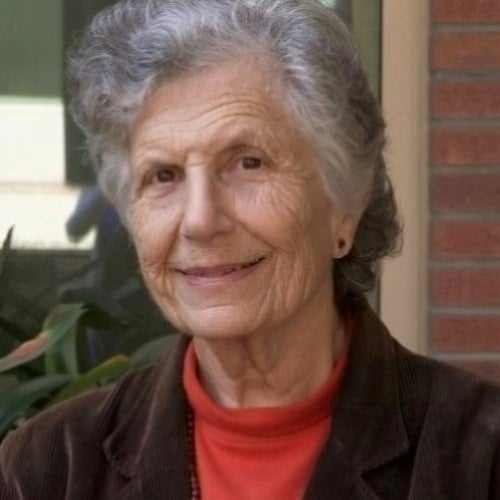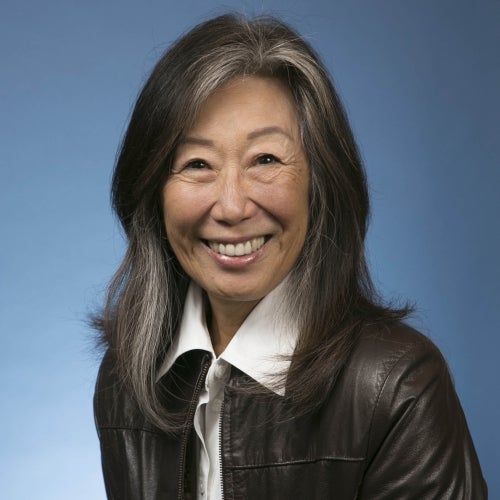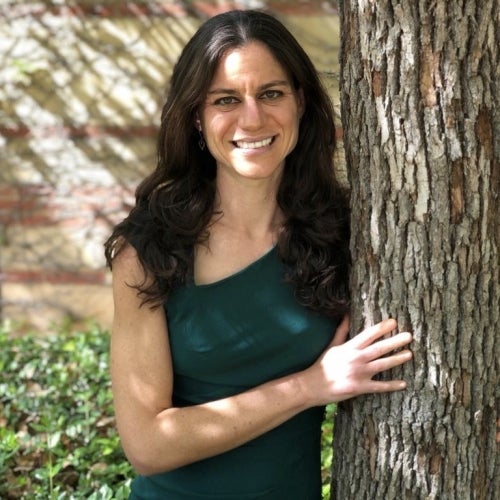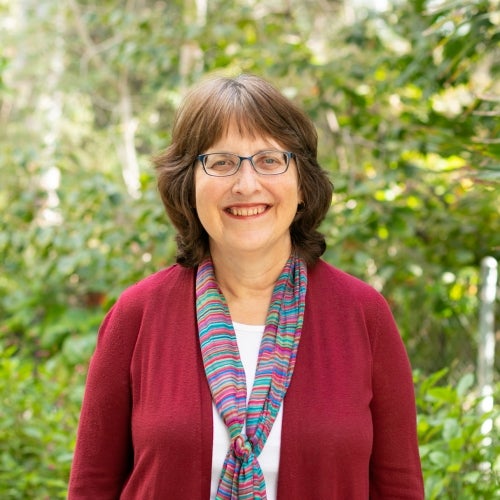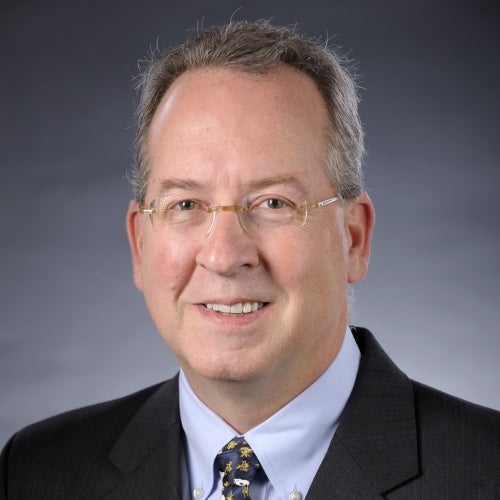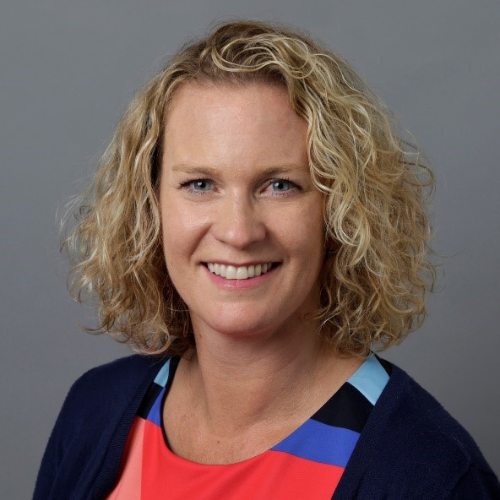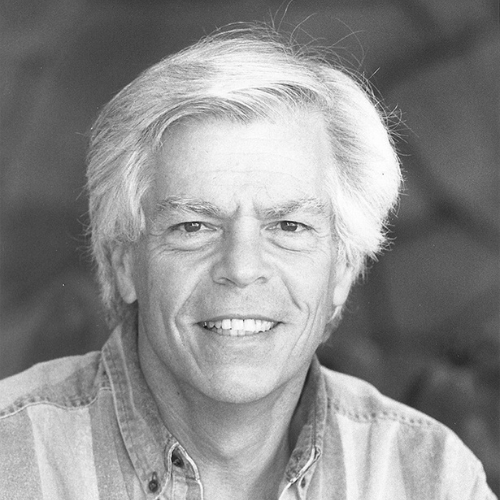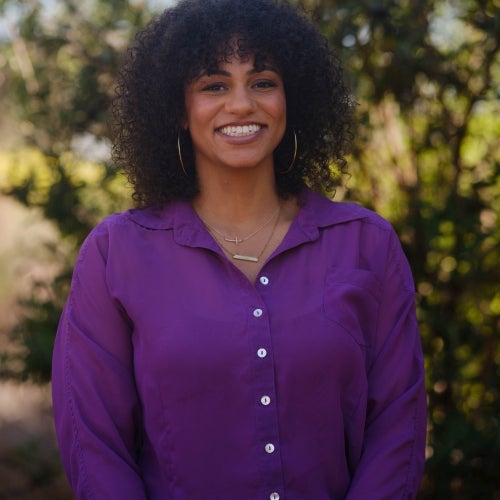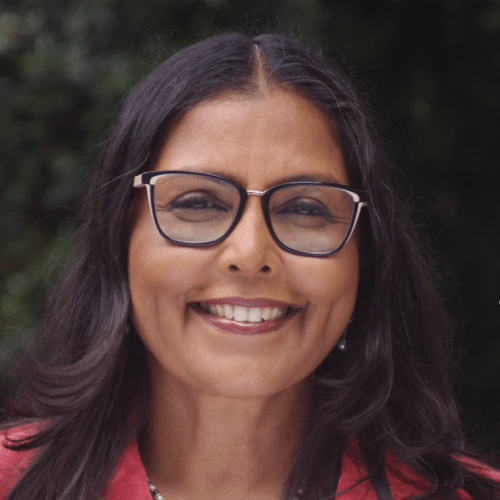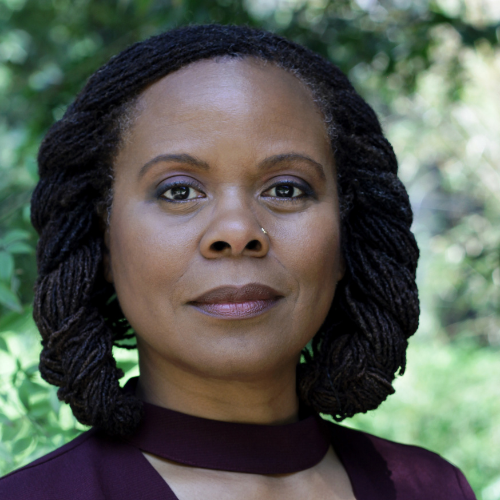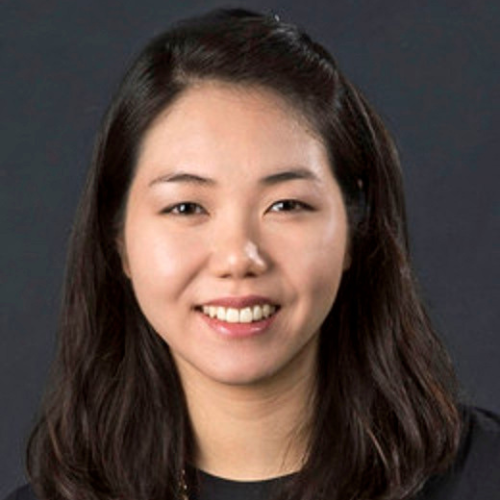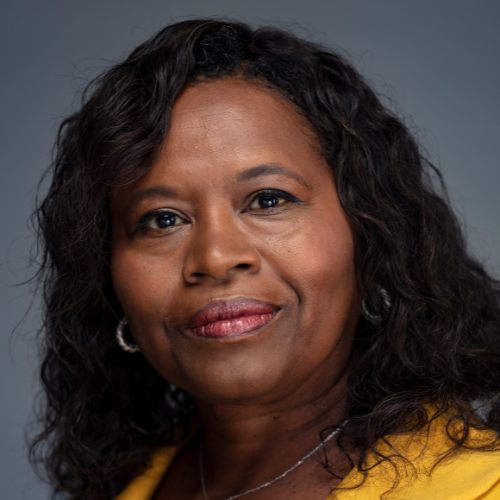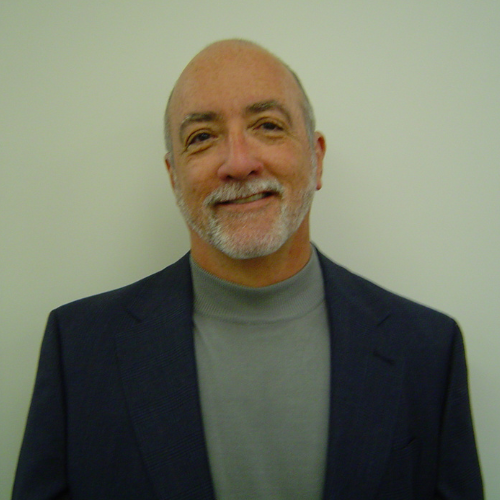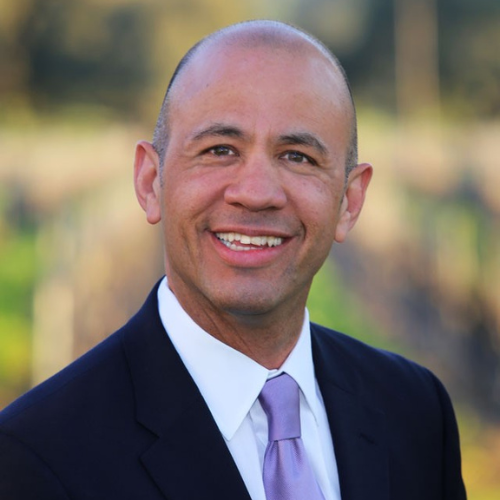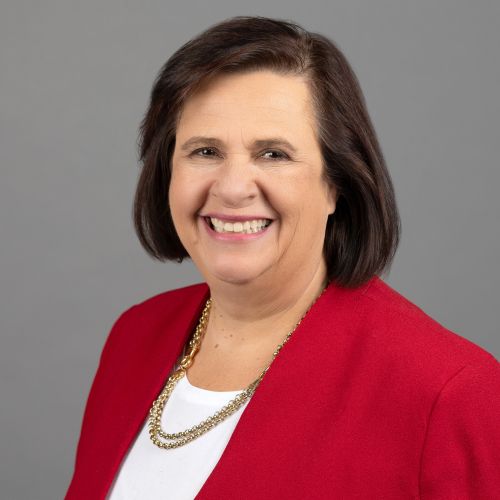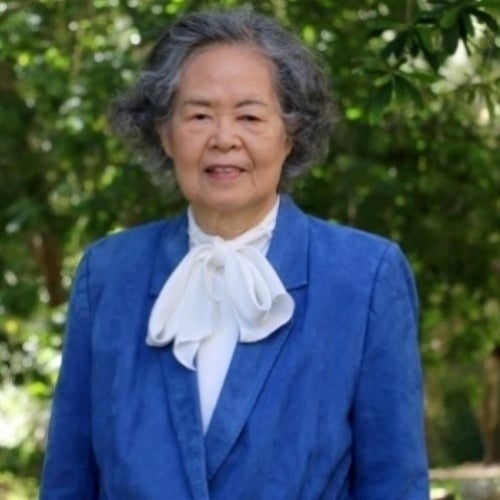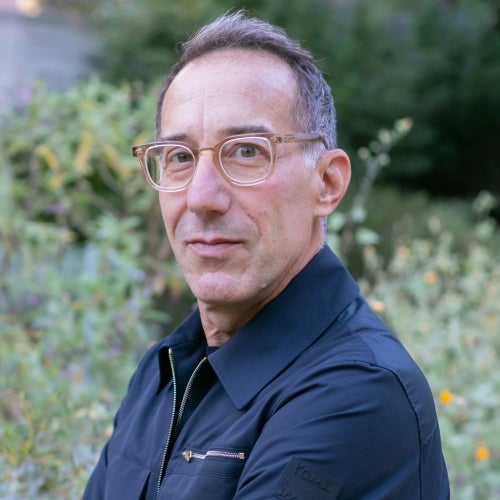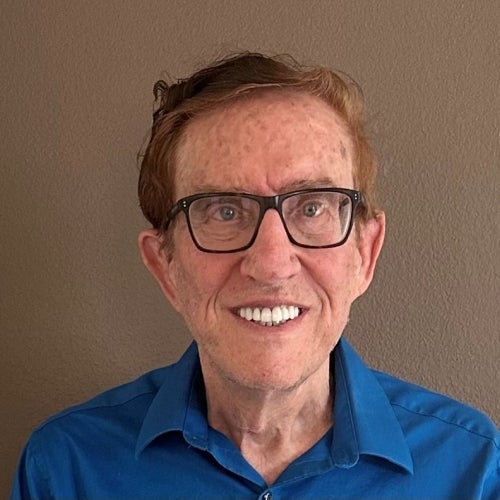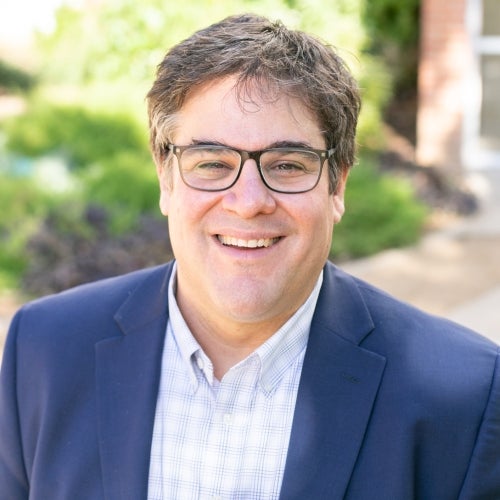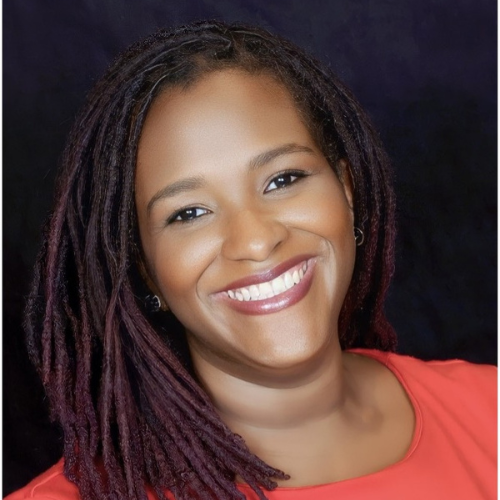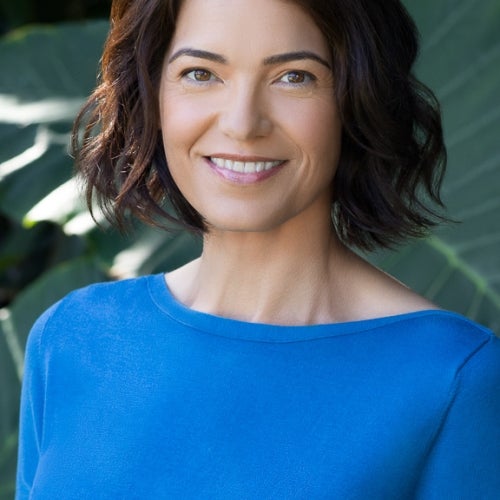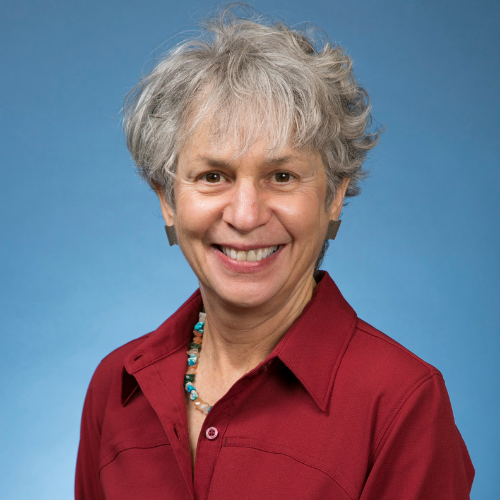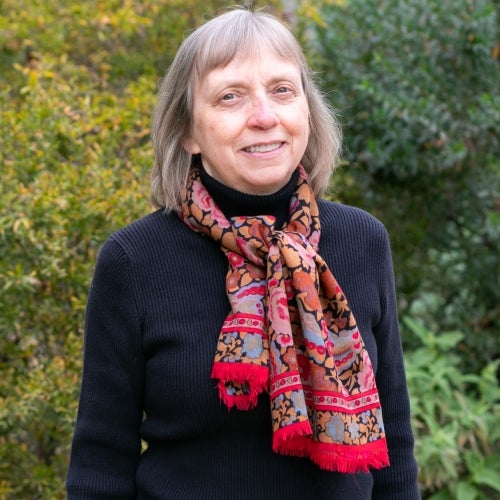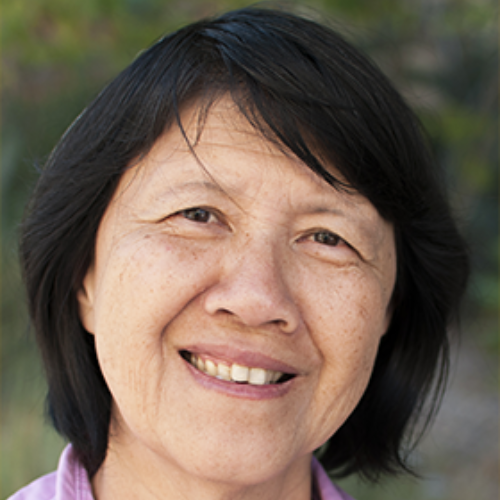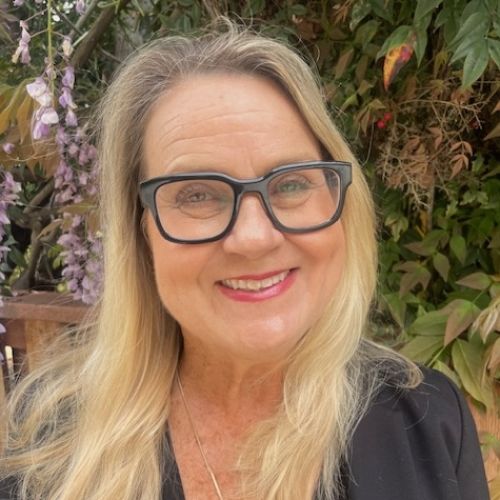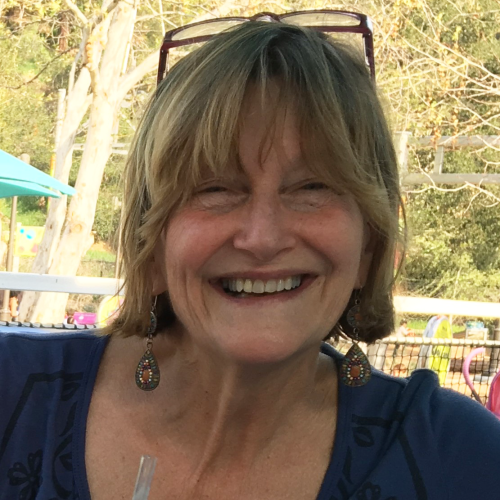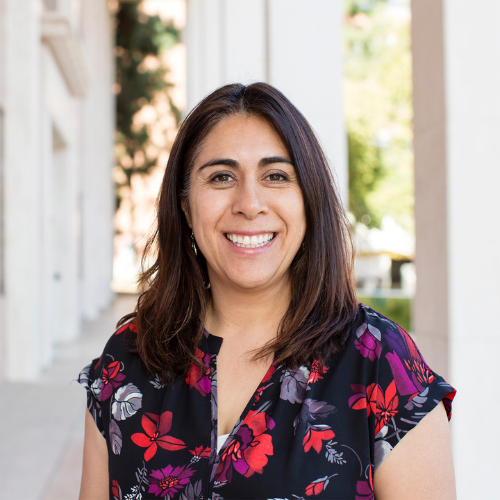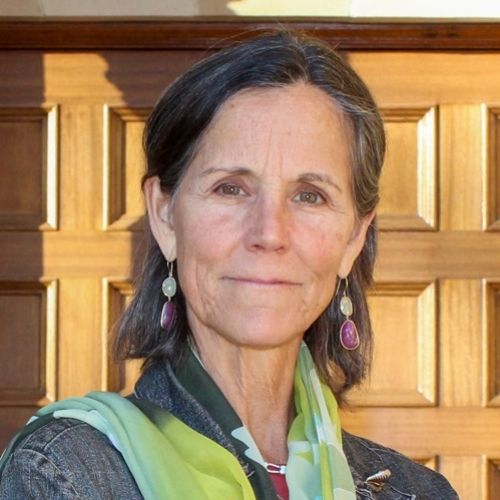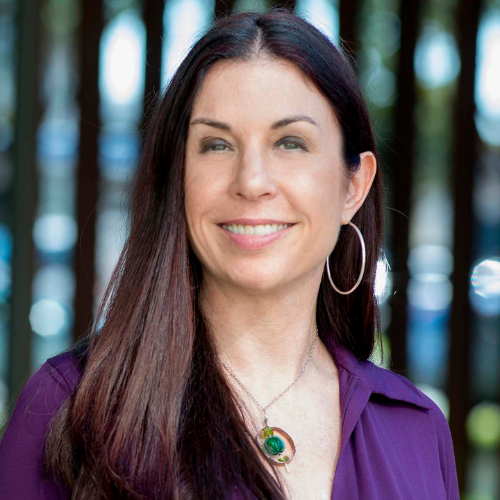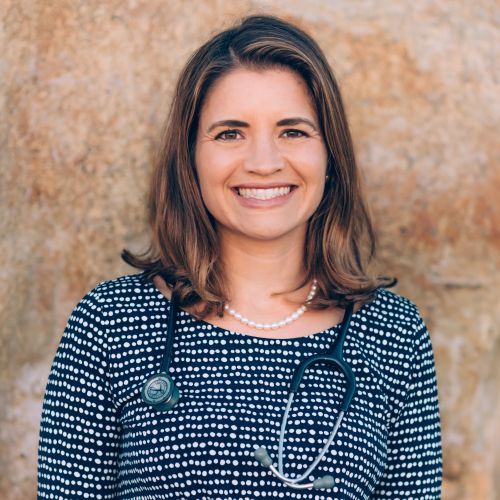UCLA establishes COVID-19 pandemic response training program
A team at the University of California, Los Angeles (UCLA) is training thousands of individuals across the state in public health techniques.
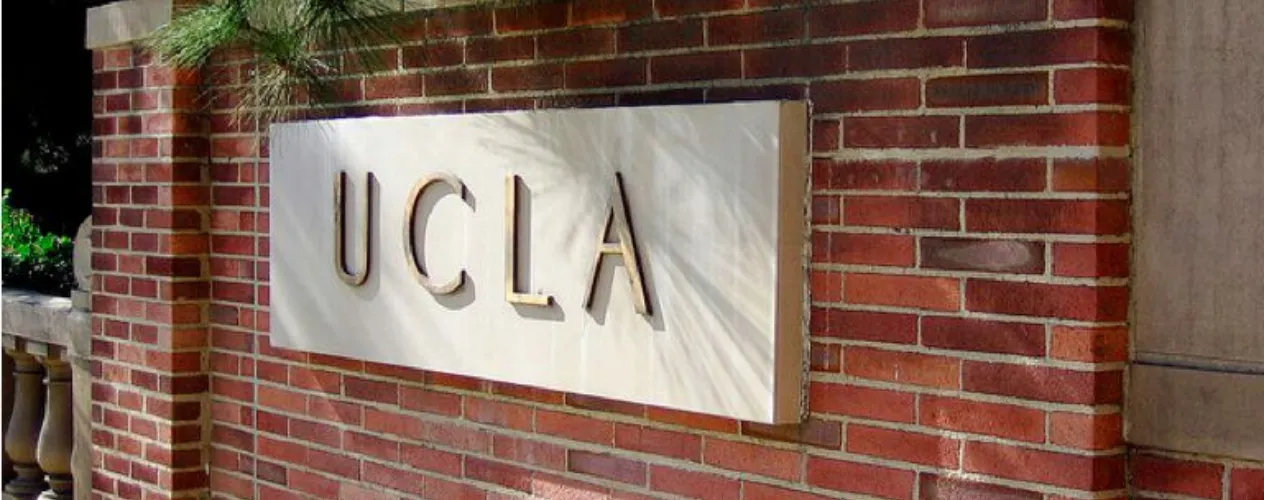
A team at UCLA is training thousands of individuals across the state in public health techniques and strategies, including contact tracing, case investigation, and administration, in order to mitigate the spread of COVID-19.
The training program — co-led by the California Department of Public Health (CADPH); UC San Francisco (UCSF); and UCLA — represents the next stage in California’s state-wide response to the COVID-19 epidemic: helping prepare residents for an emergence from shelter-in-place.
“The threat of COVID-19 remains high. If we want to safely begin reopening our society, we need to have certain public health measures in place, including a significant increase in our ability to trace new infections,” said Ron Brookmeyer, dean of the UCLA Fielding School of Public Health. “This large scale training program with our colleagues here at UCLA, and at UCSF and the CADPH, will allow us to begin that effort to expand and strengthen our public health workforce.”
At UCLA, the UCLA Fielding School of Public Health (UCLA FSPH) and UCLA Extension are managing the training program, known statewide as the “COVID-19 Virtual Training Academy” and designed to standup case investigation and COVID-19 contact tracing training across multiple counties in California. Statewide, there is an anticipated need to train from 10,000 to 20,000 new contact tracers in order to effectively relax California’s stay-at-home orders.
“Public health and well-being is top of mind for all of us, and assisting with the training and creation of an emerging workforce is something that UCLA Extension and the Fielding School are well positioned to undertake,” said Eric A. Bullard, dean of continuing education and UCLA Extension.
The initial training cohort includes approximately 550 current public employees with applicable skills, including language abilities and up-to-date background checks. That will increase to about 1,000 per week as the program ramps up, organizers said.
Governor Gavin Newsom has laid out six key metrics for modifying the stay-at-home order in California. For the first, the state must have “the ability to monitor and protect our communities through testing, contact tracing, isolation, and supporting those who are positive or exposed.” Newsom said the following crucial components must be in place:
- A workforce sufficient to rapidly identify every case and contact in the state
- A high-quality training program with capacity to quickly stand up a large, new competent workforce
- A robust, statewide data management and communications platform to streamline and support COVID-19 contact tracing work done by local health jurisdictions and to enable monitoring across the state to swiftly signal need for any changes in public health response
The comprehensive pandemic response training program is a campus-wide effort at UCLA, involving faculty and staff from the UCLA Fielding School of Public Health and UCLA Extension. The team’s leaders include Brookmeyer and Bullard; Alina Dorian, UCLA FSPH associate dean for public health practice, and for equity, diversity, and inclusion; and Michael Prelip, professor and chair of the Department of Community Health Sciences at UCLA FSPH.
Dorian, whose expertise includes disaster relief, health education, and health systems management, said the skills necessary for contact tracing are well-known and that the techniques have been used successfully in public health campaigns for decades.
“We regularly use contact tracing to contain communicable diseases, and we scale it up during outbreaks. So it’s a public health measure that is tried and true,” said Dorian, who has led emergency response teams in Kosovo, Haiti, and Peru.
Prelip, whose experience also includes disaster and emergency preparedness, has used similar training techniques in connection with his work in the U.S. Both said lessons learned from past emergencies are key elements of the current program, which they expect will continue throughout 2020 and possibly well into 2021.
“This isn’t going to be one round of training — we are going to need to train large numbers of people over time and adjust as conditions and factors change,” Prelip said. “There is a tremendous amount of work that lies ahead, but this is the responsible path forward.”
Faculty Referenced by this Article

Professor of Community Health Sciences & Health Policy and Management, and Associate Dean for Research

Professor of Community Health Sciences & Health Policy and Management, and Associate Dean for Research
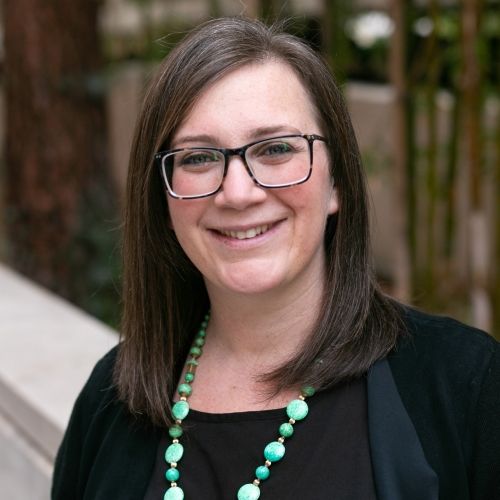
Director of Field Studies and Applied Professional Training
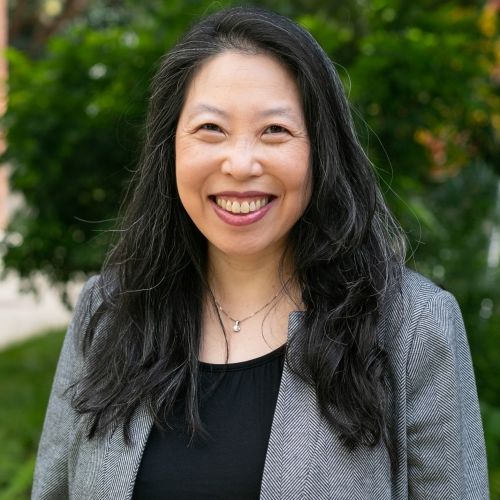
Assistant Dean for Research & Adjunct Associate Professor of Community Health Sciences

Robert J. Kim-Farley, MD, MPH, is a Professor-in-Residence with joint appointments in the Departments of Epidemiology and Community Health Sciences
